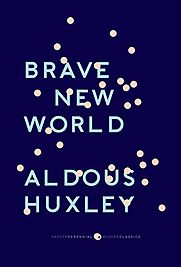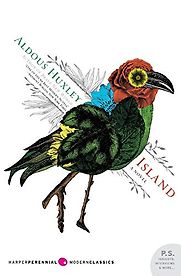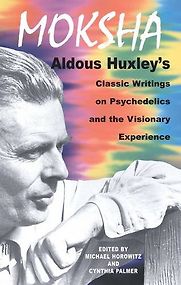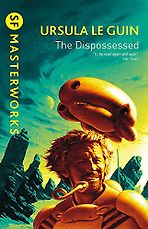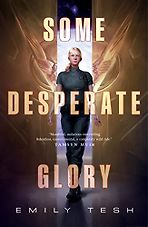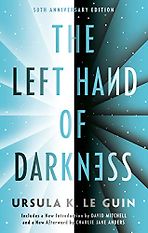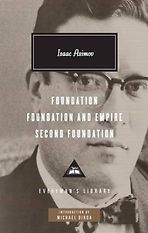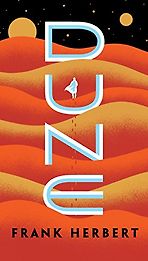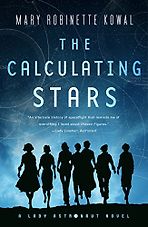Recommendations from our site
“It’s a very rich book, just bursting with ideas around how Western culture is going to go. Some people have said that it is more prescient, in some ways, than 1984, and I think it certainly says a lot about life as we live it. So, in that sense, it has a Shakespearean reach.” Read more...
Sally O'Reilly, Novelist
“It shows the ways in which technology, our need for certain creature comforts and consumer culture can be used to manipulate us.” Read more...
The best books on Alternative Futures
Catherine Mayer, Politician
“It is a hilarious, and also very prescient, parody of utopias. Huxley goes back to the idea that coming together and forming a community of common interests is a great idea – it’s the basis of civil society. At the same time, when communities of common interests are taken to utopian degrees the self starts to dissolve into the larger community, you lose privacy and interiority; that becomes frightening. In Huxley’s parody, the people are convinced that they are melding together and that they are completely happy, but in the end it is utterly empty.” Read more...
Ellen Wayland-Smith, Miscellaneou
“Brave New World was written in the 1930s, and the book portrays a happy dystopia. There is an abundance of sex. People have a good time.” Read more...
The best books on Dystopia and Utopia
Chan Koonchung, Novelist
“The lesson I draw from this is that the purpose of utopia is not so much as an achieved state, as to give people the freedom to pursue their own projects. That freedom requires that people are free of the fear of unemployment, or of financial disaster through poor healthcare. They should be free to have access to the kind of resources they need for their education and we should maintain and extend access to things like the Internet. Then we would have a situation where everyone is free to participate in whatever way they choose – rather than aiming for the mindless state of contentment that is the implied goal in Brave New World.” Read more...
John Quiggin, Economist
“This is about the perfectibility of mankind. He posits the idea that the political system actually does perfect things for people and it turns out to be nearly as scary as the horror shows actually created in the 20th century…So Huxley was showing us that this is a rum goal however ‘well’ it turns out. Even if our dreams of utopia were to come true it would be a horror show.” Read more...
The Best Political Satire Books
P. J. O’Rourke, Political Commentator
